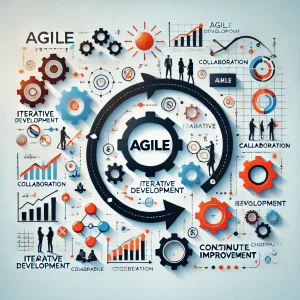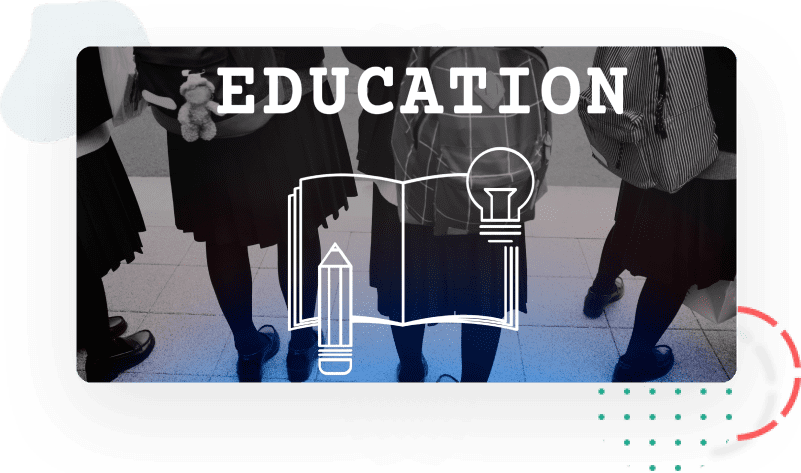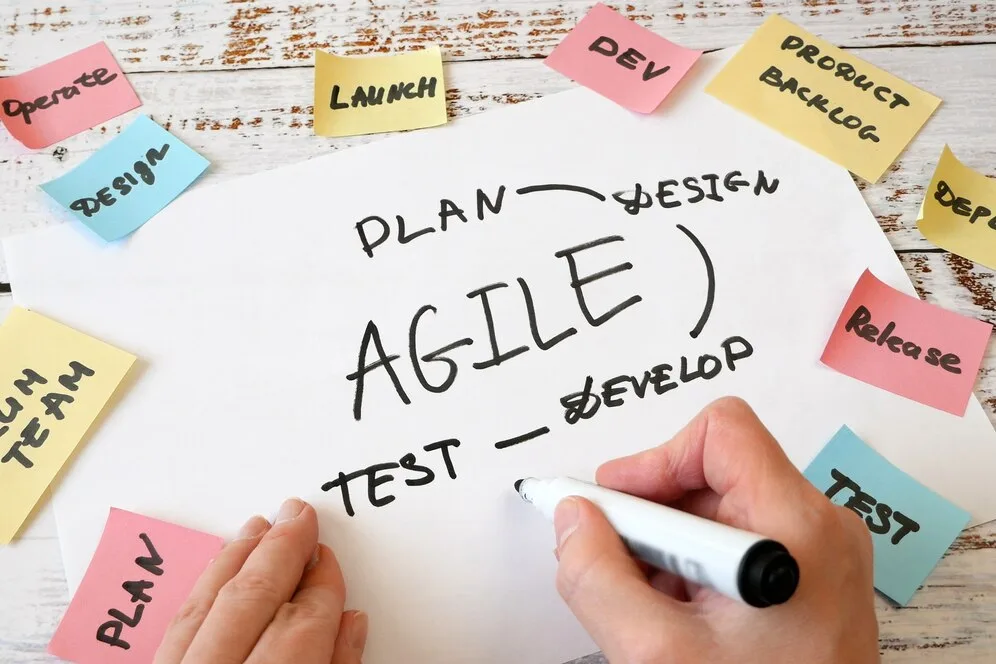Education is evolving rapidly. New technologies emerge, student expectations shift, and personalized learning becomes essential. EdTech companies must innovate and adapt quickly to stay relevant. Traditional project management methods often struggle to keep up, but Agile methodologies provide a flexible, iterative approach that enables EdTech companies to thrive.
What is Agile?
Agile is a way of working that focuses on collaboration, flexibility, and continuous improvement. Instead of following a rigid, step-by-step plan, Agile breaks projects into small cycles called “sprints.” These sprints last a few weeks, during which teams build, test, and refine parts of a product.
The key principles of Agile include:
Iterative Development: Products are built in stages, allowing for regular feedback and improvements.
Collaboration: Teams, stakeholders, and users work closely together.
Adaptability: Agile embraces changes, even late in the process.
Continuous Improvement: Teams review their work regularly to make ongoing enhancements.
Popular Agile frameworks like Scrum and Kanban help teams apply these principles effectively.
Why Agile is Ideal for EdTech?

The education technology sector faces unique challenges that make Agile a perfect fit:
Rapid Tech Advancements: New technologies like AI and VR constantly reshape EdTech. Agile helps teams quickly integrate and experiment with these tools.
Changing User Needs: Students, teachers, and administrators have evolving expectations. Agile ensures products are designed based on real user feedback.
Shifting Policies: Education regulations change frequently. Agile allows EdTech companies to adjust their development plans accordingly.
Competitive Market: The fast-paced EdTech industry demands speed and efficiency. Agile helps companies stay ahead of the competition.
Key Benefits of Agile in EdTech Development
Faster Innovation: Agile’s short sprints enable rapid testing and development, bringing new ideas to market quickly.
User-Centric Design: Engaging students and educators throughout the process ensures the product meets their needs.
Better Collaboration: Daily stand-ups and sprint reviews keep teams aligned and engaged.
Greater Flexibility: Agile allows teams to pivot based on user feedback or market changes.
Higher Product Quality: Continuous testing reduces bugs and improves performance.
Lower Risk: Smaller, manageable sprints reduce the chance of large-scale failures.
How to Implement Agile in EdTech
Start with a Minimum Viable Product (MVP): Launch a basic version of the product, gather feedback, and improve it over time.
Encourage Continuous Feedback: Regularly collect user insights through surveys and usability testing.
Foster Experimentation: Allow teams to test new technologies and ideas in a risk-free environment.
Empower Teams: Give development teams the autonomy and resources they need to innovate.
Commit to Ongoing Improvement: Regularly review processes to optimize performance and efficiency.
Conclusion
In the fast-changing world of EdTech, Agile is a game-changer. It accelerates innovation, improves collaboration, and ensures products meet user needs. More than just a process, Agile is a mindset that drives adaptability and continuous growth. By embracing Agile, EdTech companies can create impactful learning solutions and shape the future of education.




